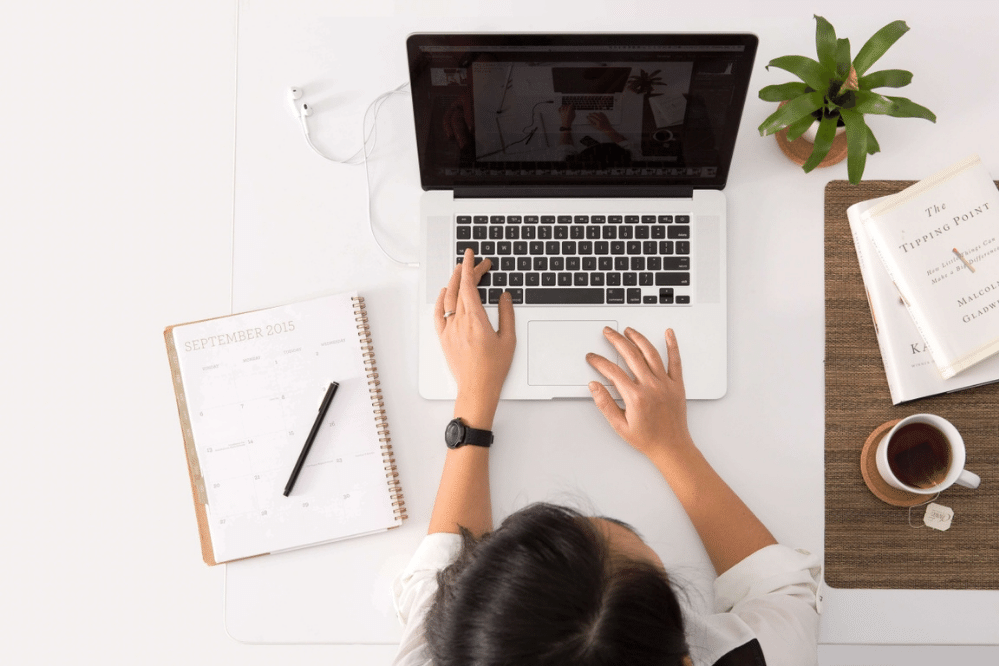Contents
- 1 Understanding the Importance of Preparing a Job Interview
- 2 Researching the Company Before the Interview
- 3 Reviewing the Job Description Carefully
- 4 Practicing Common Interview Questions
- 5 Planning Your Outfit and Appearance
- 6 Preparing Questions for the Interviewer
- 7 Managing Nervousness and Building Confidence
- 8 Body Language and Communication Skills
- 9 Reviewing Your Resume and Achievements
- 10 Preparing for Virtual Interviews
- 11 Following Up After the Interview
Understanding the Importance of Preparing a Job Interview
When it comes to landing your dream job, preparing a job interview is one of the most crucial steps you can take. It’s not just about showing up on time and wearing the right clothes. Preparation helps you build confidence, understand the company, and communicate your strengths effectively. The more effort you put into preparing a job interview, the better your chances of making a lasting impression on the hiring manager. It’s your opportunity to showcase your skills, personality, and professionalism in one shot.
Researching the Company Before the Interview
One of the first steps in preparing a job interview is doing your homework about the company. Learn about their mission, values, products, and recent achievements. Check out their website, social media, and news articles. When you know what the company stands for, you can align your answers to reflect that understanding. For example, if the company values innovation, you can share examples of how you’ve been creative or resourceful in past jobs. Researching helps you sound informed and genuinely interested, which recruiters appreciate.
Read More: Understanding the Importance of Reduce Stress Daily
Reviewing the Job Description Carefully
While preparing a job interview, it’s essential to revisit the job description in detail. Understand what the employer is looking for and match it with your own experiences. Highlight your skills that fit the job requirements and prepare examples that demonstrate those abilities. If the role requires teamwork, think of a story where you collaborated successfully with others. By connecting your background to the position, you show that you’re not just qualified but also the right fit for the team.
Read More: Daily Sleep Tips: Simple Ways to Rest Better Every Night
Practicing Common Interview Questions
Another key part of preparing a job interview is practicing how you’ll answer common questions. Recruiters often ask about your strengths, weaknesses, achievements, and reasons for leaving your last job. You don’t need to memorize your answers word-for-word, but having a general idea of what to say helps you sound confident and organized. Try using the STAR method (Situation, Task, Action, Result) when sharing examples of your past experiences. It helps keep your answers clear and structured without sounding rehearsed.
Read More: How to Be More Confident in Daily Life
Planning Your Outfit and Appearance
First impressions matter, and your appearance plays a big role. As part of preparing a job interview, choose an outfit that fits the company’s culture. For corporate roles, go for a formal or semi-formal look. For creative industries, something neat but slightly casual can work too. Make sure your clothes are clean, well-fitted, and professional. Avoid overdoing accessories or fragrances. When you look good, you feel good and that confidence shows during your interview.
Read More: Improve Writing Skills: Simple Ways to Become a Better Writer
Preparing Questions for the Interviewer
Many people forget that an interview is a two-way conversation. When preparing a job interview, always come up with a few thoughtful questions to ask the interviewer. This shows that you’re genuinely interested in the role and the company. You can ask about the team structure, company culture, or future growth opportunities. Avoid asking about salary too early unless the topic is brought up by the interviewer. Good questions make you stand out as someone who’s proactive and well-prepared.
Managing Nervousness and Building Confidence
It’s completely normal to feel nervous before an interview, but preparing a job interview can help you manage that anxiety. Practice deep breathing, visualize a positive outcome, and remind yourself that you’re qualified for this opportunity. A great way to boost confidence is to rehearse with a friend or in front of a mirror. The more you practice, the more natural you’ll sound. Remember, interviewers aren’t trying to intimidate you—they just want to know if you’re the right fit.
Body Language and Communication Skills
When preparing a job interview, pay attention to your body language. Small gestures like a firm handshake, maintaining eye contact, and sitting upright can convey confidence and respect. Smile genuinely and nod when appropriate to show engagement. Avoid crossing your arms or fidgeting, as it might signal discomfort or disinterest. Clear and calm communication is equally important. Speak at a steady pace and listen actively to the interviewer’s questions before responding thoughtfully.
Reviewing Your Resume and Achievements
Before walking into the room, part of preparing a job interview is reviewing your own resume. Make sure you’re ready to discuss any part of it in detail, from your education to your work experience and accomplishments. Interviewers might ask follow-up questions, so be prepared to expand on what’s written. Think about achievements you’re proud of and how they relate to the job you’re applying for. Having these examples fresh in your mind helps you answer questions confidently and naturally.
Preparing for Virtual Interviews
In today’s world, preparing a job interview often means getting ready for virtual meetings too. If your interview will be online, test your equipment beforehand. Check your camera, microphone, and internet connection to avoid technical hiccups. Find a quiet, well-lit space with minimal distractions. Dress professionally even if you’re at home it helps set the right mindset. Make sure your background is tidy and free from clutter. Treat a virtual interview with the same level of seriousness as an in-person one.
Following Up After the Interview
Even after the conversation ends, preparing a job interview doesn’t stop there. Following up with a thank-you email is a professional gesture that many candidates overlook. Express your gratitude for the opportunity, restate your enthusiasm for the role, and briefly mention why you think you’d be a great fit. It’s a simple way to leave a positive impression and keep your name fresh in the interviewer’s mind. A well-written follow-up can sometimes make the difference in a close hiring decision




